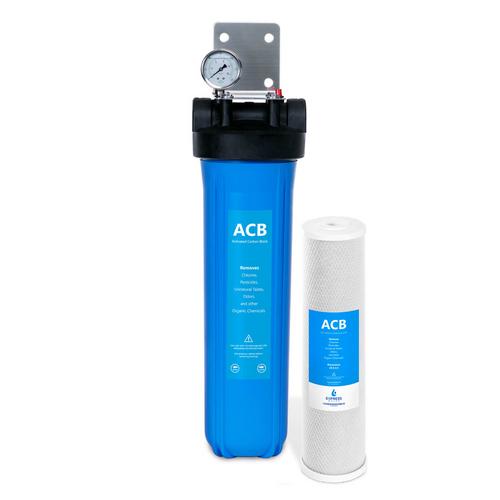Introduction To Whole House Carbon Filtration
Imagine turning on every tap in your home and experiencing nothing but crisp, clean water—no chlorine bite, no odd chemical undertones, no lingering odors. That’s the promise of whole house carbon filtration: a point-of-entry system that treats your water before it ever reaches the first faucet. I was skeptical at first—installing something at the main line sounded invasive—but after seeing how my morning coffee tasted brighter and how my skin felt softer post-shower, I’m a believer.
These systems sit right where water enters your home, routing every drop through beds of activated carbon that trap chlorine, chloramines, volatile organic compounds, and even strange smells long before they reach your kitchen sink or showerhead [4]. Think of it like a giant sponge, absorbing substances that affect both taste and smell. No more chemical aftertaste in your tea. No more lingering “pool smell” when you step into the shower. And because you only install one filter at the entry point, there’s no need for countless under-sink units or countertop pitchers cluttering your countertops.

Beyond pure flavor, whole house carbon filtration extends the lifespan of your plumbing and appliances. By reducing corrosive chemicals and sediment, these filters keep water heaters, dishwashers, and washing machines happier for years to come [1]. And because beneficial minerals like calcium and magnesium stay put, you’re not stripping your water of its healthful components. For families juggling hard-water woes and chemical concerns, pairing filtration with softening is a game-changer—explore our guide on the best whole-house filter and softener combo.
Installing at the main line also means every shower, laundry load, and glass of tap water benefits in one go. No more swapping cartridges at every faucet. No more questioning whether your pitcher filter got changed on time. It’s a set-it-and-forget-it approach—at least until annual maintenance rolls around—so you can focus on the joys of pure water, not the headaches of filter upkeep.
The Science Behind Activated Carbon Filtration
At the core of carbon filtration lies a bit of everyday magic: adsorption. Unlike absorption, where a substance permeates completely, adsorption occurs when contaminants adhere to the surface of activated carbon particles. Picture a vast microscopic honeycomb. One gram of activated carbon contains up to 1,500 square meters of tiny pores—almost like a Manhattan skyline of microscopic canyons, every inch teeming with active sites ready to snatch up impurities.
As water courses through this porous landscape, chlorine molecules, volatile organic compounds, even trace pharmaceuticals cling to carbon surfaces like birds settling on branches. You end up with water stripped of harsh chemicals yet still rich in minerals. That’s why residents often gush that their coffee tastes “unexpectedly vibrant” after filtration, and their hair feels gleamingly soft instead of dry and brittle [3].
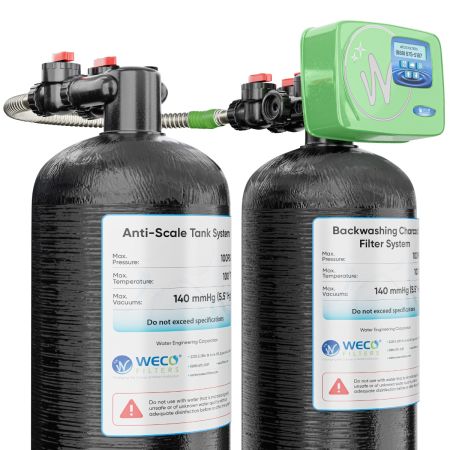
Manufacturers craft two main carbon configurations: granular activated carbon (GAC) and carbon block. GAC is loose and irregular, allowing high flow rates—ideal for tackling laundry and showers head-on. Carbon block, pressed into uniform bricks, offers extended contact time for finer removal of sediment and some microbes. Many whole-house models even backwash automatically, flushing out trapped particles so performance stays peak with minimal user fuss [1].
What amazes me most is that activated carbon can eliminate common offenders—chlorine, chloramines, hydrogen sulfide (that rotten-egg whiff), and countless VOCs—without altering water pH or leaching unwanted byproducts [2]. For a deeper dive into your options, check out our guide on activated carbon removal filters and learn how advanced systems tailor pore size and media grade to your specific water profile.
Granular Activated Carbon Vs. Block Carbon Filters
Choosing between GAC and carbon block often comes down to flow requirements and desired filtration depth. Granular activated carbon, with its loosely packed grains, excels in high-velocity scenarios. It lets water rush through at 8–12 gallons per minute, perfect for busy households where multiple taps fire simultaneously [2]. I once toured a midsize apartment complex where a GAC system flawlessly served dozens of units without a hitch.
Meanwhile, block filters compress carbon into solid bricks riddled with microscopic tunnels. The result? Extended contact time that nabs sediment, fine particulates, and even certain bacteria. Point-of-use setups—under-sink units or standalone pitchers—often leverage block media for that extra-smooth mouthfeel. They may not boast the flow rates of GAC, but they linger longer between changes, delivering a glass of water that feels truly pristine [3].
Some savvy homeowners layer GAC first, then cascade water through a carbon block stage, blending speed with depth. It’s like a two-step dance: granules tackle the bulk contaminants, and the block finishes the job, catching anything the first pass missed. Whatever route you pick, understanding your water’s unique chemistry—chlorine levels, VOC concentration, sediment load—guides you to the perfect configuration.
Benefits Of Whole House Carbon Filtration
Turn on the shower or fill a glass and you’ll notice immediately: no chlorine sting, no chemical aftertaste. Whole house carbon filters are champions at reducing offenders like chlorine, chloramines, heavy metals such as lead and mercury, and hydrogen sulfide [1]. By capturing VOCs and sediment upstream, every appliance—from coffee maker to washing machine—enjoys cleaner water, boosting performance and lifespan.
Families rave about brighter laundry and silken hair, attributing softer skin to the absence of harsh chemicals and irritants [2]. Beyond aesthetics, retaining calcium and magnesium while removing toxins supports both taste and health. For those mindful of fluoride or other trace toxins, combining carbon filtration with regular testing—like in our home water fluoride testing guide—ensures every sip is safe and balanced.
Choosing The Right Size And Capacity
Selecting the correct filter size hinges on peak flow rates and total daily usage. Backwashing systems handle roughly 8–12 gallons per minute (GPM), ideal for homes where showers, dishwashers, and washing machines run concurrently [1]. Inline cartridge units typically cap at around 6 GPM and require more frequent swaps [5].
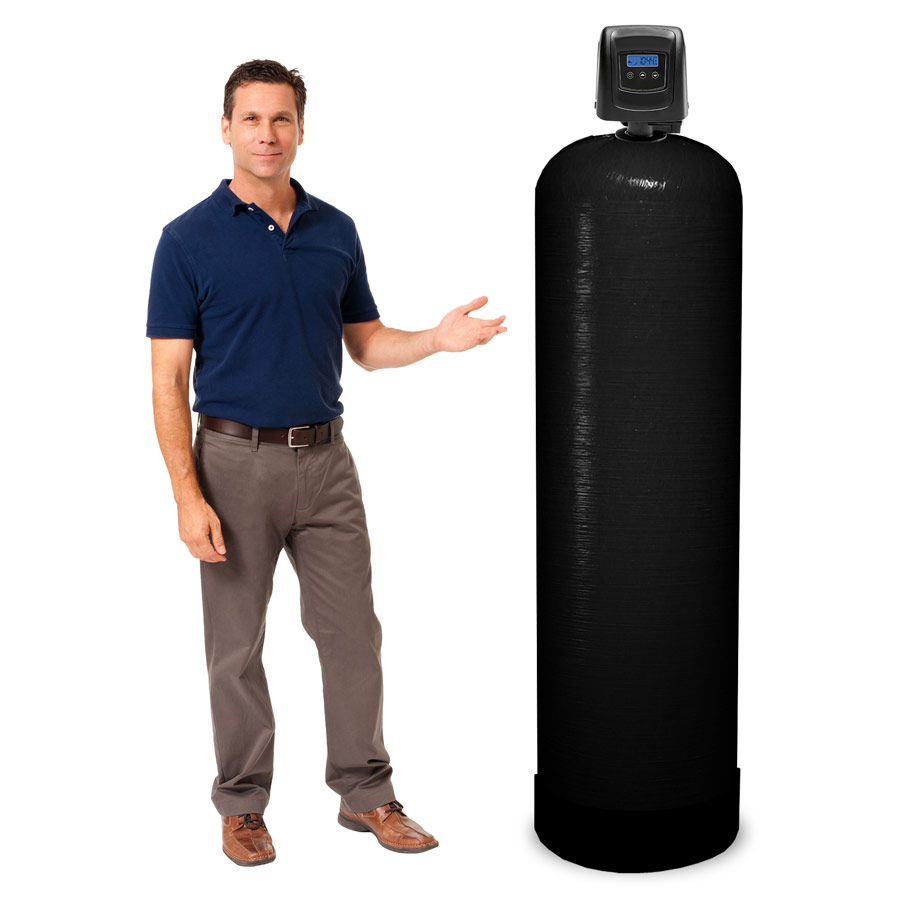
A practical way to gauge needs is by daily consumption. A family of four often uses about 300 gallons per day, so choosing a system rated for at least 350 gallons per day (GPD) provides breathing room for unexpected usage spikes [4]. Tracking simultaneous tap events—dishwasher plus laundry, for example—helps avoid bottlenecks and ensures smooth water flow.
| System Type | Peak Flow Rate (GPM) | Media Volume | Approx. Gallons Treated |
|---|---|---|---|
| Backwashing GAC | 8–12 | 1.0 cu ft | 150,000 |
| Inline Cartridge | 5–6 | 0.5 cu ft | 75,000 |
| Layered GAC + Block | 6–8 | 1.2 cu ft total | 180,000 |
For tailored sizing, a simple water softener size calculator adapts those numbers to your home’s flow and usage. Oversizing adds cost, while undersizing risks performance dips—get it right the first time to avoid headaches down the road.
Common Mistakes To Avoid When Installing Your Whole House Carbon Filter
One rookie error is tucking the filter in a cramped crawl space or too far from the main shut-off valve. That makes routine maintenance feel like spelunking—trust me, you’ll regret it when it’s time to swap media or troubleshoot a leak. Experts advise placing the unit in a well-lit, easily accessible area with at least two feet of clearance on all sides [4].
Skipping a sediment pre-filter is another misstep that can clog carbon beds within weeks. Industry data show missing pre-filtration can slash flow rates by up to 25% [2]. A 5-micron sediment filter upstream shields your carbon media, prolonging service life—learn why finer cartridges often outperform larger ones in our 5-micron vs. 20-micron guide.
Always include a bypass loop with ball valves so you can isolate the filter without shutting off water to your entire house. And be sure to flush the carbon thoroughly—run water for 5–10 minutes to clear dust before you connect fixtures. For step-by-step instructions, consult our whole-house carbon filter installation guide.
Maintenance Strategies for Lasting Filter Performance
Backwashing systems are built to rinse away trapped contaminants automatically, but monthly visual checks can catch hiccups early. I peek at the pressure gauge—if it’s creeping into the red, that’s your cue to initiate a manual backwash—and I listen for odd hisses or drips. Early intervention keeps small issues from ballooning into big problems [1].
Inline cartridge setups need fresh carbon every 6–12 months to prevent taste and odor creep. Before dropping in a new cartridge, I rinse the housing to clear residual dust and inspect O-rings for cracks. Keeping spare seals and filters on hand means I’m never stranded with subpar water [5].
Whether you DIY or hire a pro, an annual service ensures valves, gauges, and media beds stay in top shape. It’s a small investment that pays off in consistent water quality and fewer surprise repairs.
Environmental Benefits And Sustainable Practices Of Carbon Filters
Installing a carbon filter system isn’t just a home upgrade—it’s a commitment to sustainability. By reducing reliance on single‐use plastic bottles, households can eliminate up to 200 pounds of plastic waste annually [2]. And because carbon filtration uses far less energy than bottling and transporting packaged water, switching is a win for both your wallet and the planet [4].
Backwashing systems act like mini self-cleaning stations, sending trapped contaminants down the drain in a brief rinse cycle. That means less filter waste heading to landfills and fewer replacement parts over the system’s lifetime [1]. I’ve heard homeowners marvel that their garden looks greener and their carbon footprint feels lighter—proof that a single system can yield broad environmental rewards [3].
Real-Life Transformations And Testimonials
The Johnsons installed a backwashing carbon filter and, overnight, the chlorine smell in their showers vanished. Mrs. Johnson describes, “Stepping in feels like a forest rain, not a chemical blast.” Her sensitive skin found relief, and daily showers became moments of tranquil escape [1]. Curious about combining filtration and softening? See our guide on the best whole-house filter and softener combo.
Lisa, a busy mom and teacher, reports that her kids no longer complain about itchy baths now that they have activated carbon–filtered water [2]. At dinnertime, they eagerly fill glasses of crystal-clear water, and she says meal prep feels safer knowing every drop is pure.
Mark, an engineer, can’t believe how his coffee tastes like “morning sunshine” after installing an inline carbon filter [3]. His kettle stays free of scaling, saving him on replacements. Cleaner water fuels his daily routines—dishwasher cycles, showers, even watering houseplants—and he loves knowing he’s cutting down on plastic waste too.
Across town, the Rivera family said goodbye to rotten-egg odors once they switched to a self-backwashing system [4]. Mr. Rivera appreciates never having to fumble with filters—and his kids brag about having the freshest water in school. Inline cartridge fans note they change filters just twice a year, making pristine water feel effortless [5].
Pulling It All Together: Why Whole House Carbon Filtration Matters
From the moment water flows through your main line, a whole house carbon filter works quietly to remove chlorine, VOCs, heavy metals, and odors. Every shower, dish, and sip benefits from consistent, cleaner water that protects your family’s health [1] and enhances taste by stripping away unwanted flavors [2].
These systems also safeguard plumbing and appliances by cutting corrosive chemicals and mineral buildup, prolonging the life of water heaters, washers, and faucets [3]. With low-maintenance backwashing or simple cartridge swaps, quality filtration becomes a set-it-and-forget-it fixture—saving money on bottled water and repairs. Embracing whole-house carbon filtration is more than a home improvement; it’s a sustainable choice for cleaner living and lasting peace of mind.
Citations
- [1] My Five Star Home Services – Benefits of a Whole House Backwashing Carbon Filter
- [2] HomeWater – The Benefits of Activated Carbon Filters
- [3] Multipure – Benefits of a Whole House Water Filtration System
- [4] Save Home Heat – Why You Should Consider a Whole House Carbon Water Filter
- [5] H2O Distributors – Whole House Inline Carbon Filters
“`html
Complete Top Picks Comparison – 23 Products
| Product | Source | Price | Rating | Image | Buy |
|---|---|---|---|---|---|
| Max Water 3 Stage (Good for City Water) 10 inch Standard Water Filtration System for Whole House – Sediment + GAC + CTO Post Carbon – ¾ Inlet/Outlet – Model : WH-SC2 | $108.95 | ★★★★☆ |  | Buy on Amazon | |
| Waterdrop Gravity-fed Water Filter System, Reduces Lead and up to 99% of Chlorine, NSF/ANSI 42&372 Standard, with 2 Black Carbon Filters and Metal Spigot, King Tank Series, WD-TK-A | $138.99 | ★★★★☆ |  | Buy on Amazon | |
| KRAUS Replacement Filter Cartridges for Purita 2-Stage Under Sink Water Filtration System with Carbon Block and Polypropylene Filters (Set of 2), FC-101 | $99.95 | ★★★★★ |  | Buy on Amazon | |
| iSpring FC25B Whole House Water Filter Replacement Cartridge, CTO Carbon Block, 20” x 4.5” | $51.49 | ★★★★★ |  | Buy on Amazon | |
| VIVOSUN Smart Air Filtration G4 Kit 4″, AeroZesh G4 Inline Duct Fan with E12 Speed Controller, Carbon Filter & 8′ Ducting, Cooling & Ventilation System for Grow Tents, Indoor Gardening, Hydroponics | $119.99 | ★★★★★ |  | Buy on Amazon | |
| 2 Pack 6672 16x25x5 MERV 16 Filter Compatible with Lennox 6672 and Lennox HCC16-28 Healthy Climate Carbon Clean MERV 16 Home Furnace Filter for HVAC System, Part Number HCF16-16, HCF16-10 | $99.99 | ★★★★★ |  | Buy on Amazon | |
| SimPure Whole House Water Filter Housing (DB10P), 10″ x 4.5″ Sediment Carbon Filter Universal Housing, Pre-Filtration System for Well and City Water, 1″ NPT Port, Pressure Release | $47.49 | ★★★★☆ |  | Buy on Amazon | |
| Frizzlife FK99 Under Sink Water Filter System, NSF/ANSI 53&42 Certified, Remove 99.99% Chlorine, Lead, Bad Taste&Odor, Direct Connect, 0.5 Micron, Under Counter Drinking Water Filter | $79.99 | ★★★★★ |  | Buy on Amazon | |
| AO Smith Under Sink Water Filter System – Reduces PFAS, Lead, & Chlorine in Drinking Water – Under Counter Claryum Filtration for Kitchen – 2-Stage – AO-US-200 | $119.99 | ★★★★★ |  | Buy on Amazon | |
| PUREPLUS 5 Micron 10″ x 4.5″ Whole House Sediment and Carbon Water Filter Replacement Cartridge for GE FXHTC, GXWH40L, GXWH35F, GNWH38S, Culligan RFC-BBSA, WRC25HD, PP10BB-CC, Pentek RFC-BB, 2Pack | $30.99 | ★★★★★ |  | Buy on Amazon | |
| Carbon Fiber Quick Action Fuei Filler Cover Motorcycle Keyless Gasoline Tank Cap For DUCATI SCRAMBLER 1100 All Model Accessories | $90.00 | ☆☆☆☆☆ |  | Buy on AliExpress | |
| VForce4 Reed Valve for Yamaha Y125Z RX135 RXZ135 V4144 Valve Kit Banshee RD250 RD350 RD400 Motorcycle Accessories Tuning VForce | $7.89 | ★★★★★ | 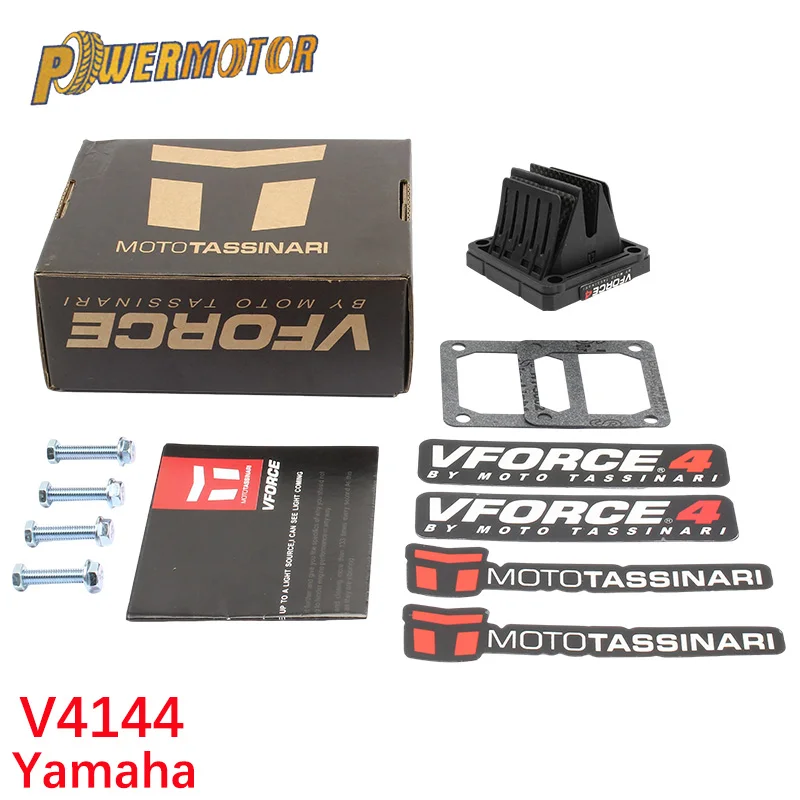 | Buy on AliExpress | |
| For Ducati Diavel Carbon AMG Strada XDIAVEL S Motorcycle CNC Aluminum Oil Filler Cap Cover | $6.23 | ☆☆☆☆☆ | 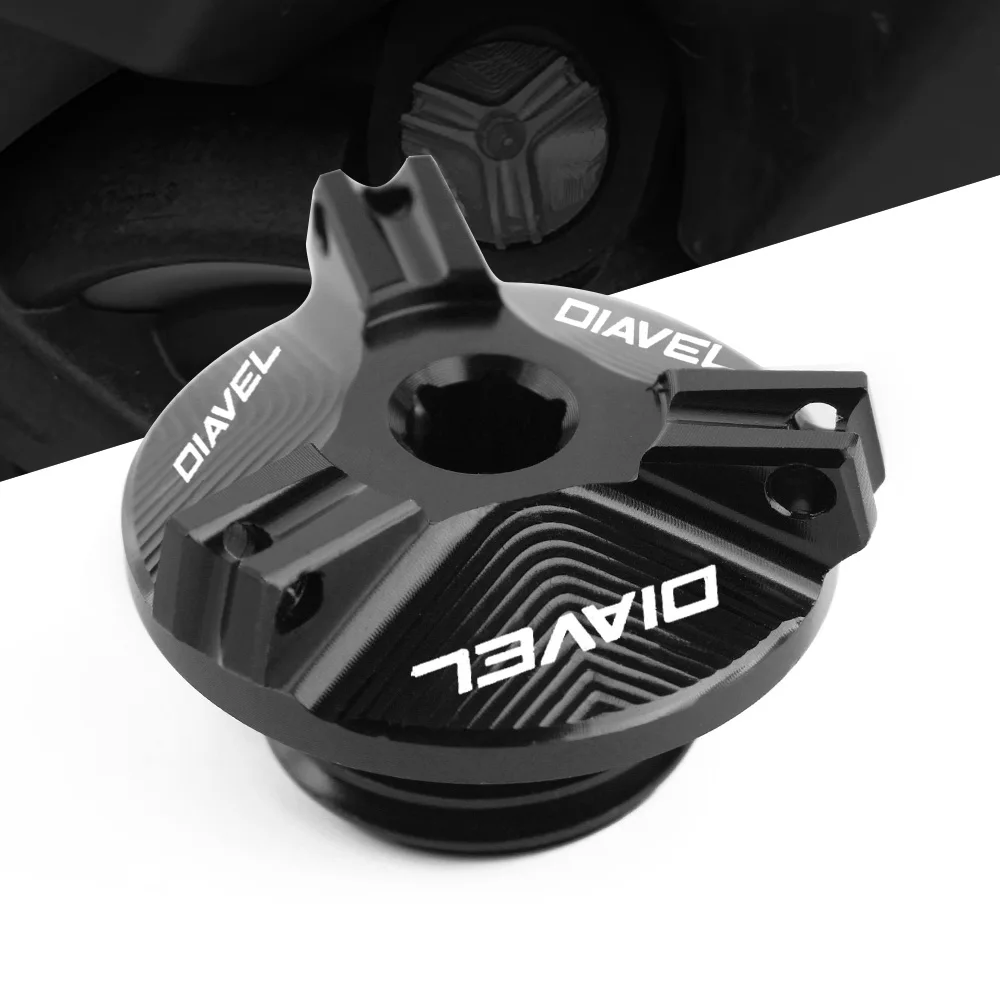 | Buy on AliExpress | |
| 4+4 Packs Filters for Stainless Steel Cat Water Fountain Replacement Filter Multi-Filtration System Activated Carbon Filter | $5.18 | ★★★★★ | 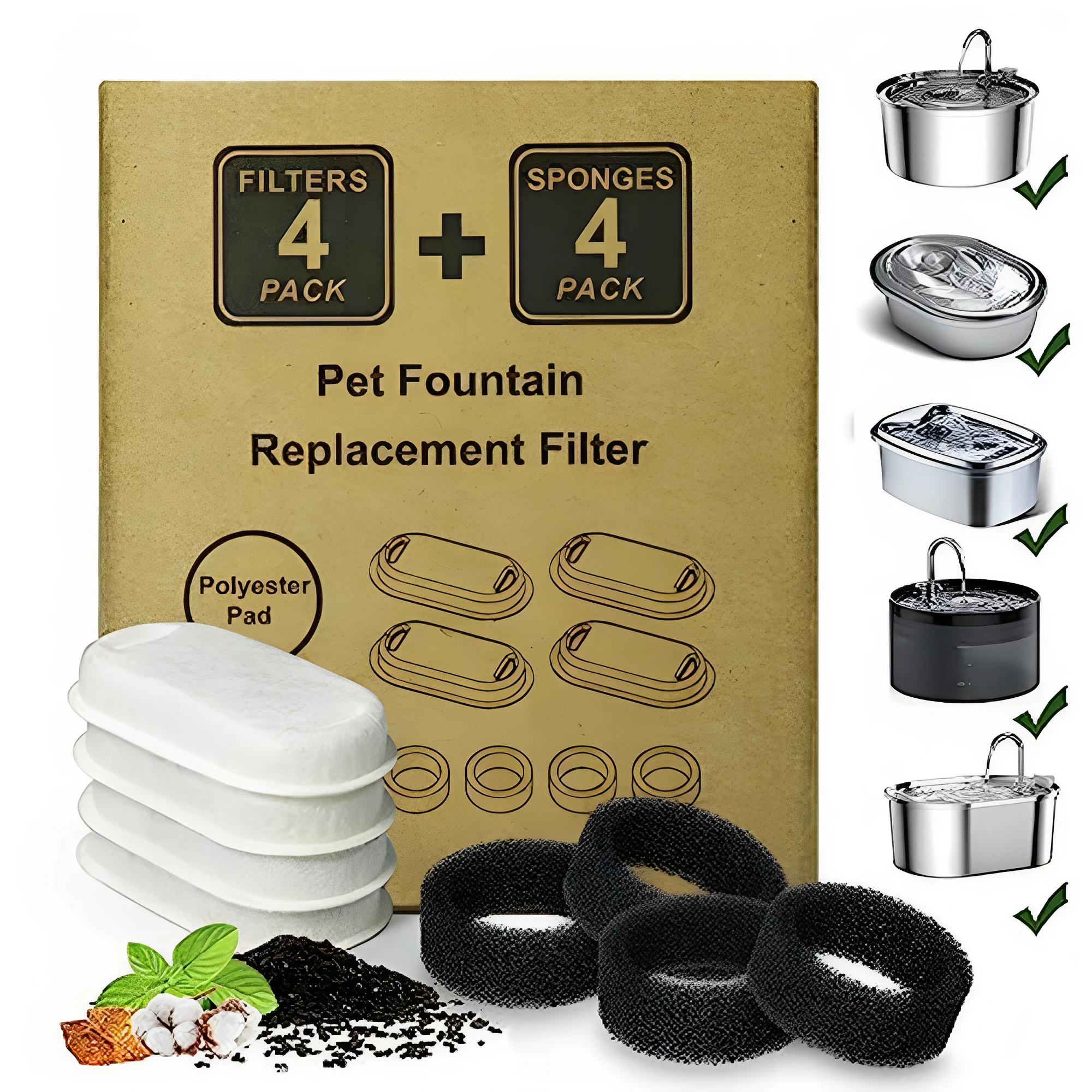 | Buy on AliExpress | |
| For APRILIA RS 660 T1/TUONO 660 2020-2025 Carbon Fiber Flange Fast Gas Rotate Open Fuel Tank Cap Gasoline Plug Airbox Cover | $59.28 | ☆☆☆☆☆ |  | Buy on AliExpress | |
| KCvents 3 Layers Purification Fresh Air Filter Box With Hepa And Carbon Filter For Ventilation System | $132.55 | ☆☆☆☆☆ |  | Buy on AliExpress | |
| For YAMAHA TT660E/TT660S 1993-1999 Carbon Fiber Quick Gas Scooter Fuel Tank Cap Motorcycle Key Plug Locking Gasoline Tank Cover | $90.00 | ☆☆☆☆☆ |  | Buy on AliExpress | |
| Motorcycle V-Force 3 Reed Valve V313A For KAWASAKI KX125 KMX125 1999 2001 KX500 KX 125 500 KMX 125 KDX200 220 KRR KRZ150 KMX500 | $13.03 | ★★★★★ |  | Buy on AliExpress | |
| Carbon Fiber Quick Release Petrol Tank Cap For DUCATI DIAVEL/V4/AMG/CARBON/CROMO/STRADA Motorcycle With Keylock Fuel Tank Cover | $63.96 | ☆☆☆☆☆ | 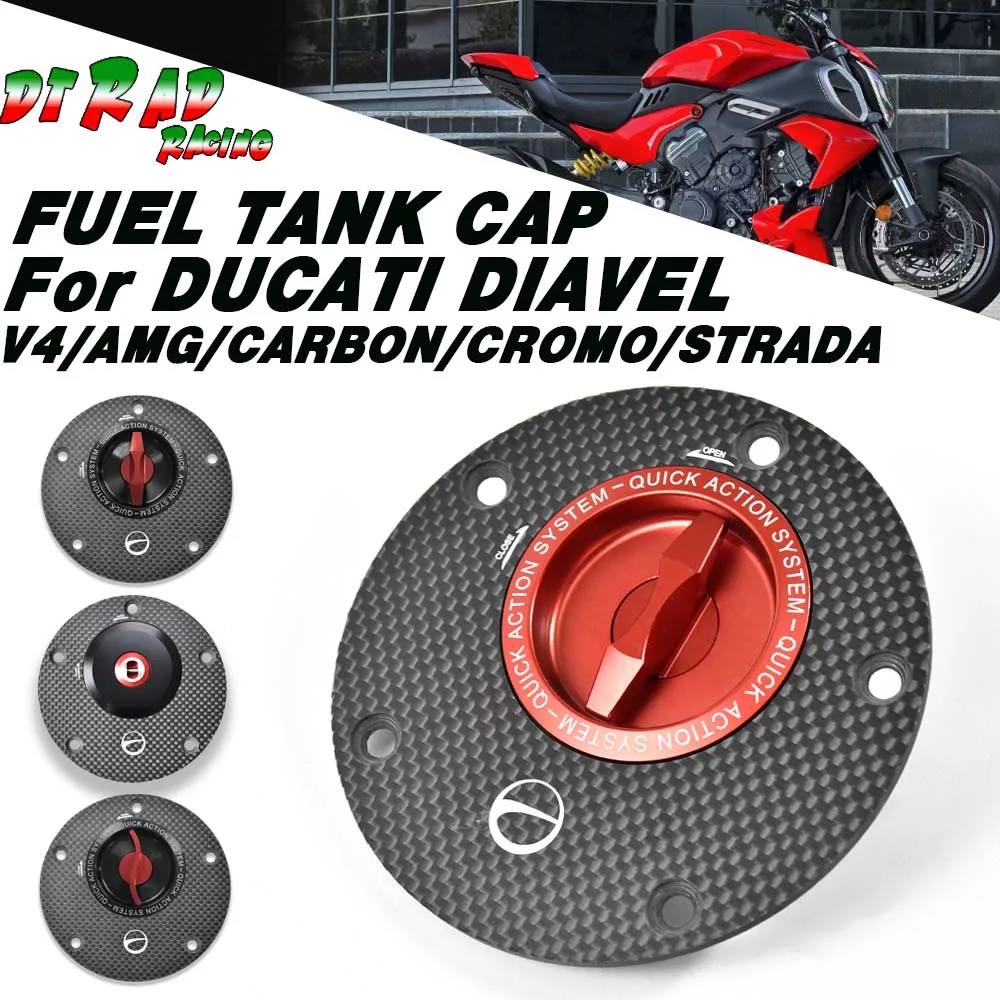 | Buy on AliExpress | |
| Carbon Fiber Fuel Tank Cap For 790 Adventure R 2019-2023 890 Adventure R 2021-2023 Motocross Quick Release Gasoline Tank Cover | $90.00 | ☆☆☆☆☆ | 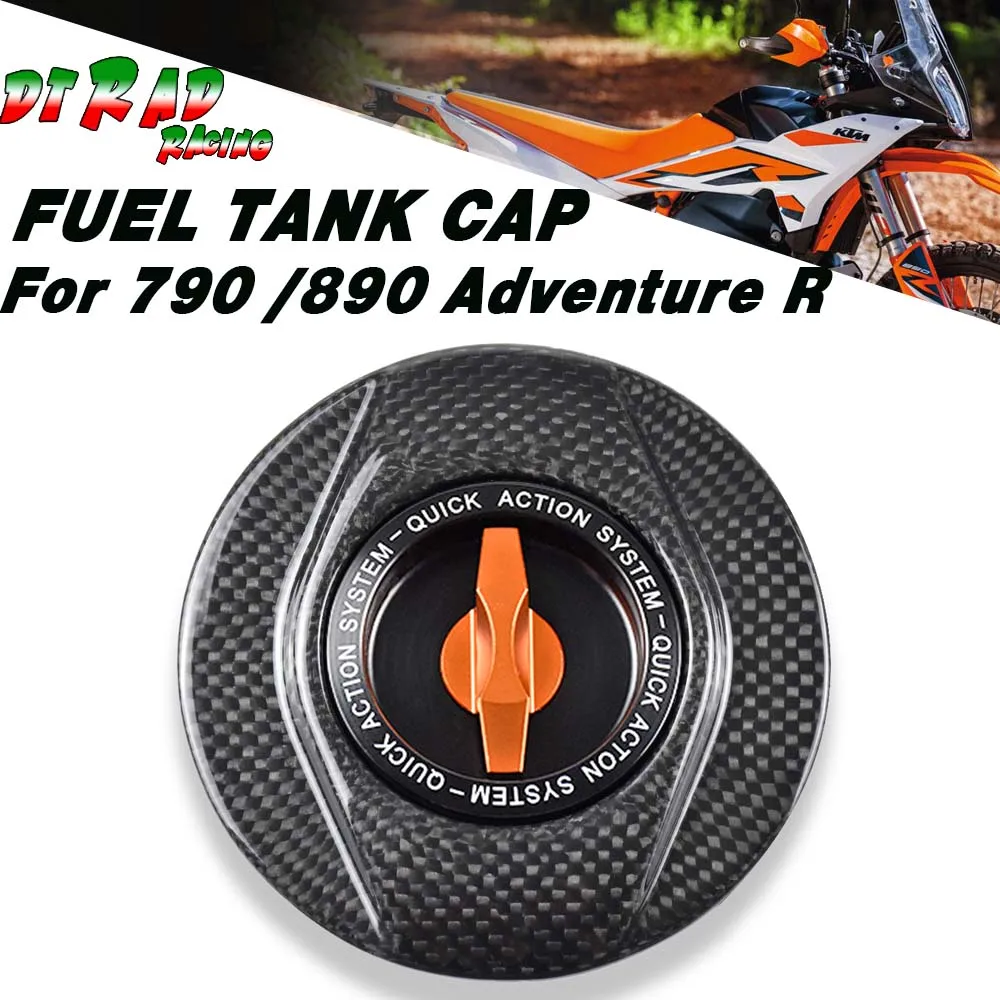 | Buy on AliExpress | |
| ORIGINAL AUTHENTIC ENAGIC HG-N WATER FILTER FOR SD501 SERIES (1 Pack) | $78.00 | ☆☆☆☆☆ |  | Buy on eBay | |
| 3-Stage Whole House Water Filter System 20″x4.5″ with Spin Down Sediment Filter | $289.99 | ☆☆☆☆☆ |  | Buy on eBay | |
| String Wound Sediment Water Filter Cartridge 2.5×10″ 10 Micron 50 Pack | $97.00 | ☆☆☆☆☆ |  | Buy on eBay |
“`

